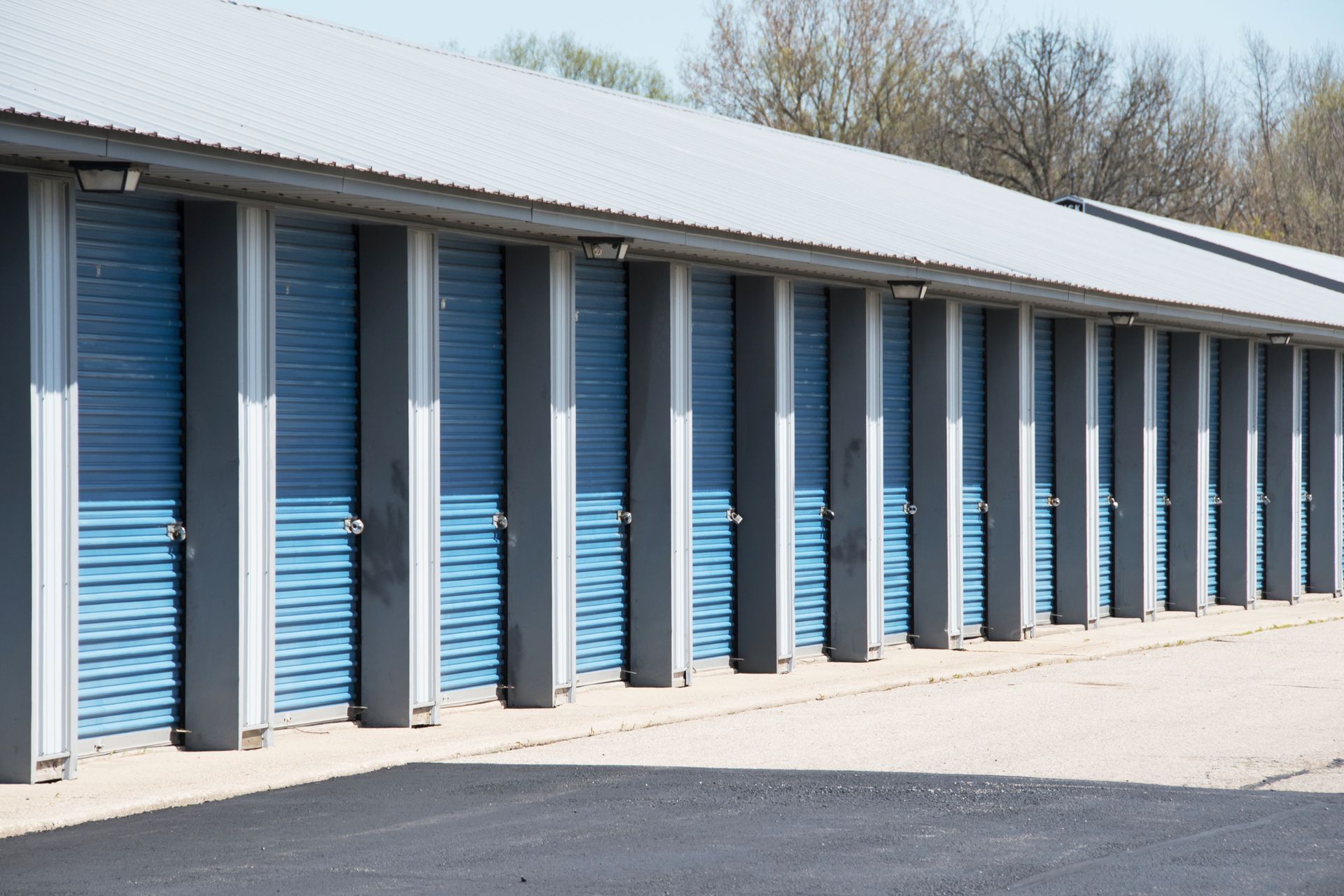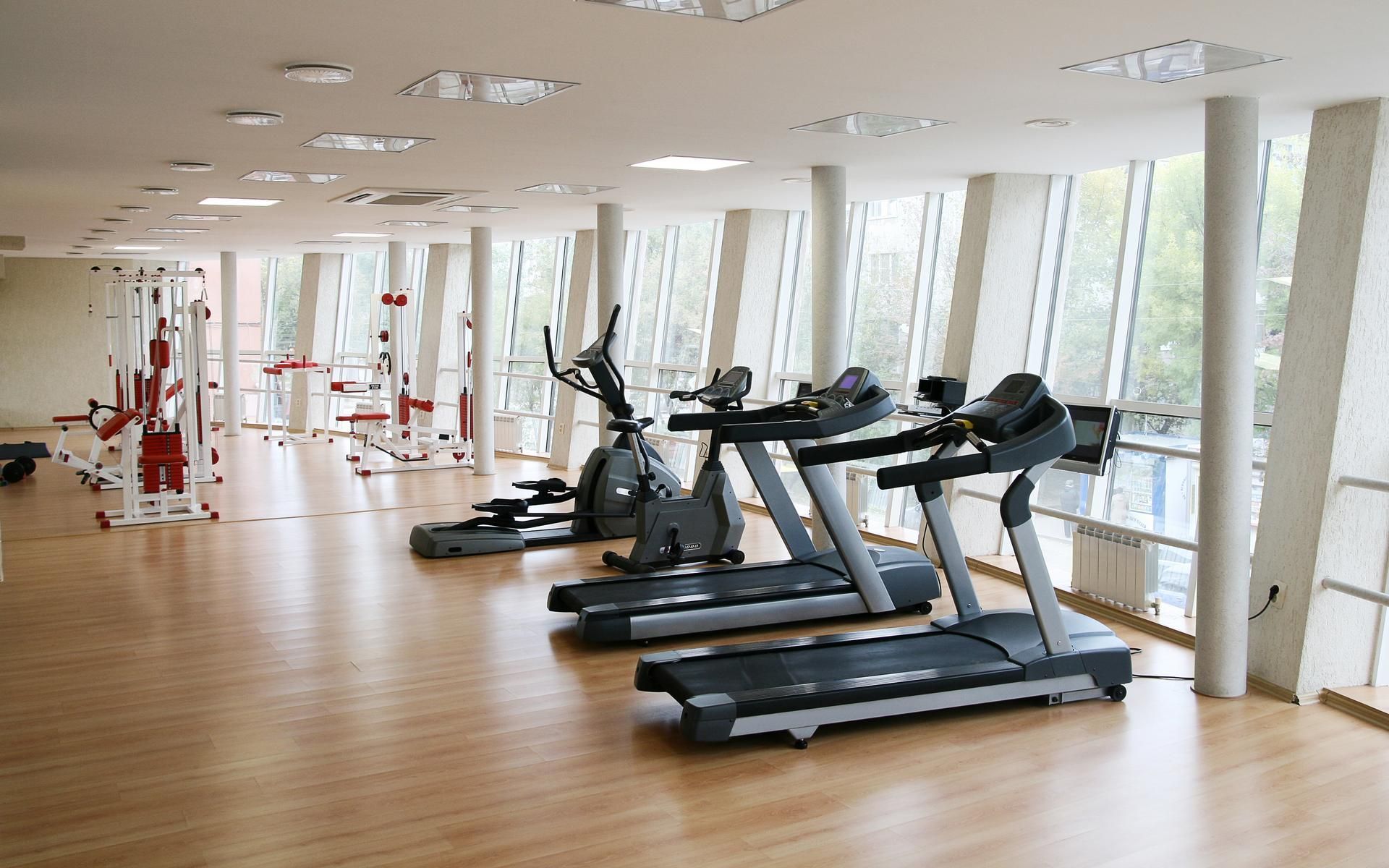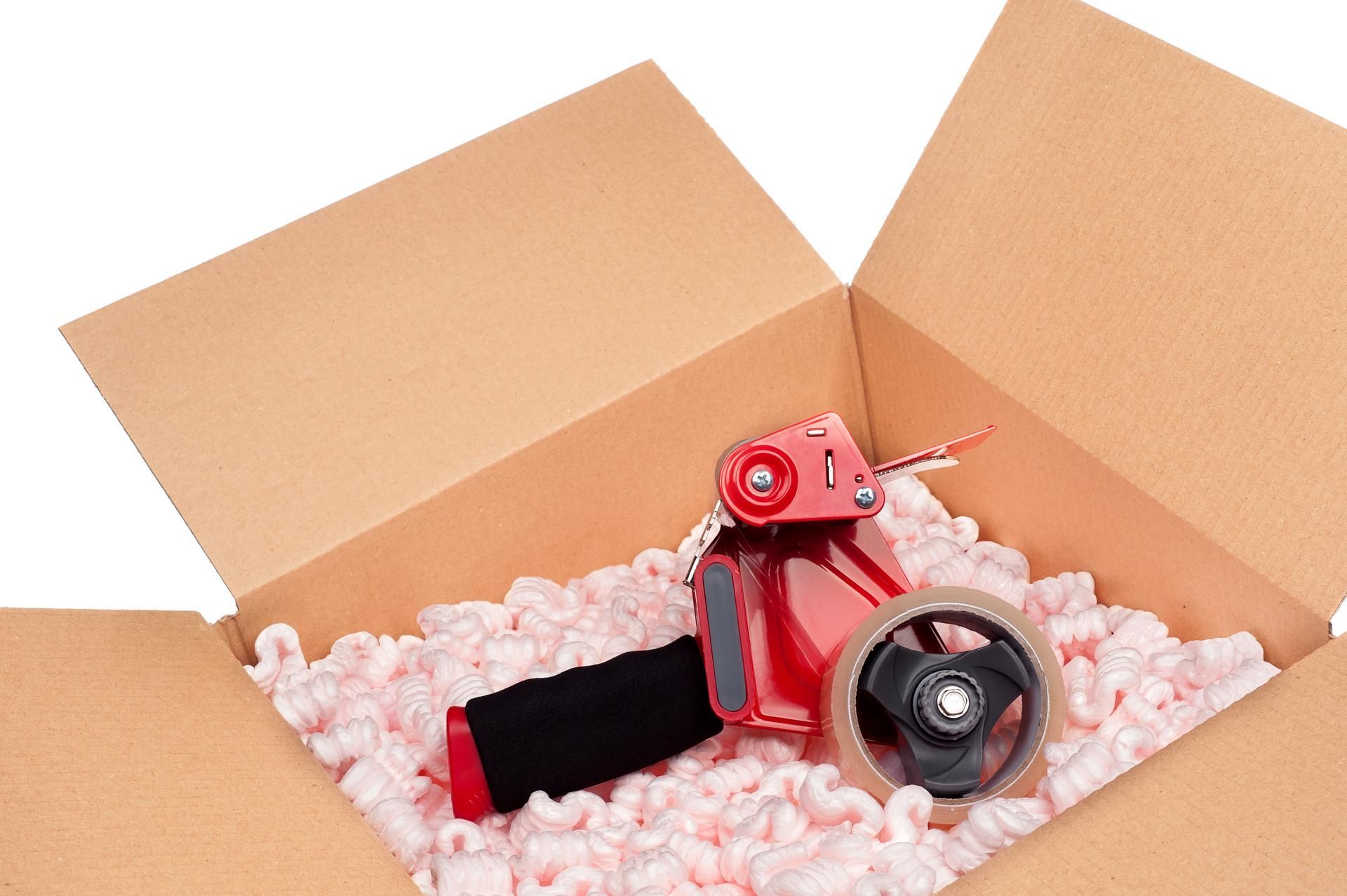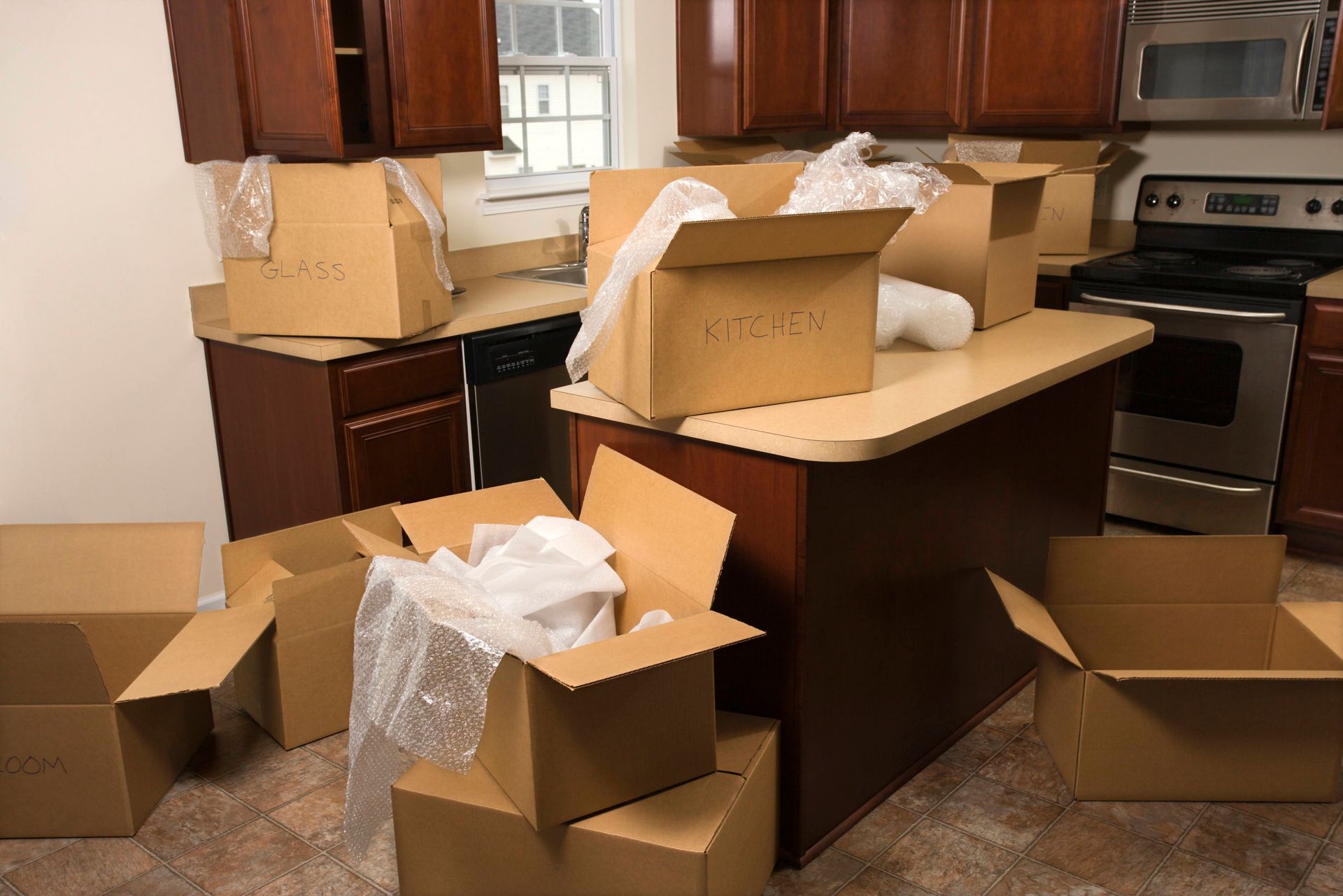1200 Downey Drive Vienna, VA 22182
4 Tips for Using Self-Storage After Disaster Strikes
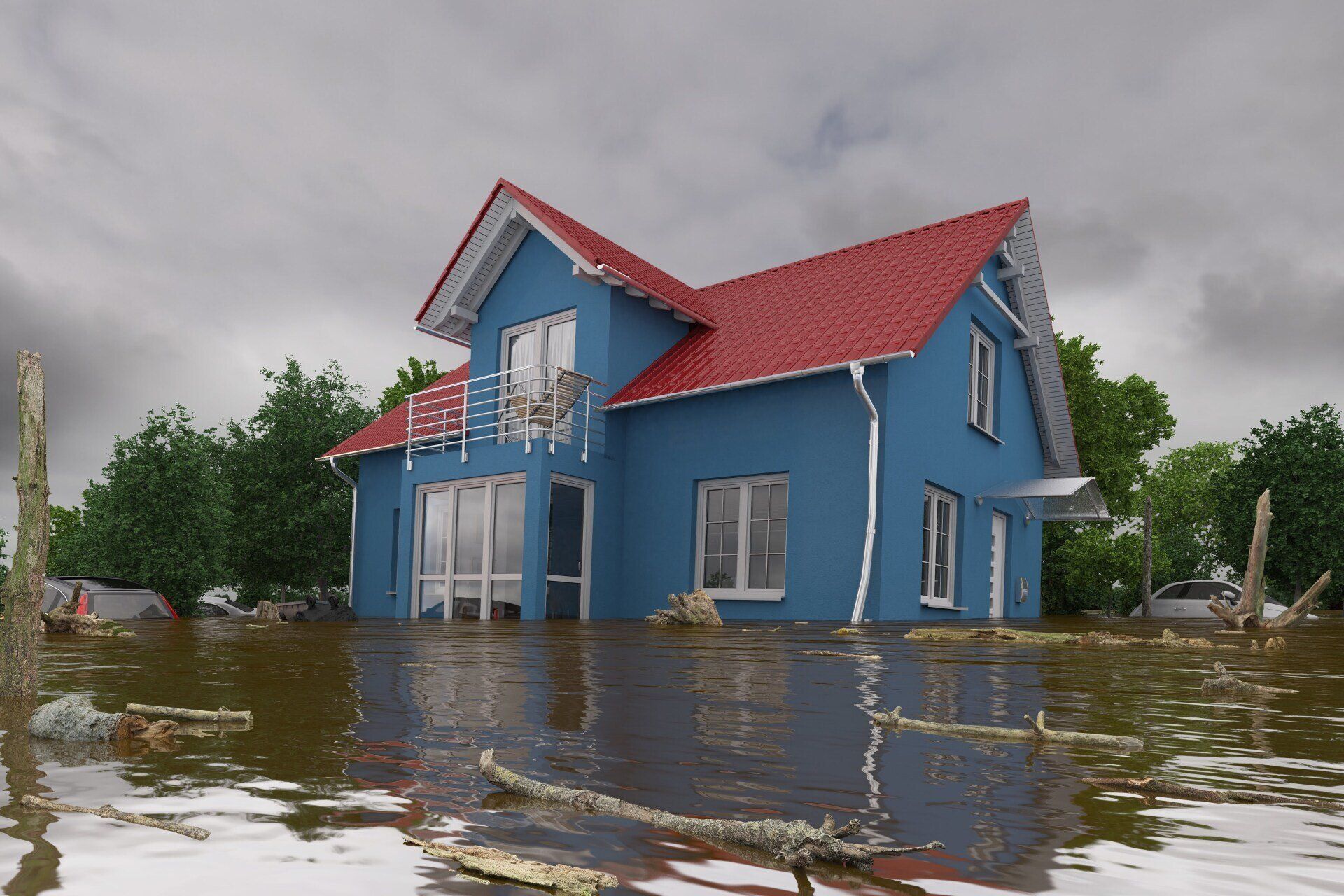
Dealing with a disaster that leaves your family without a home can be devastating, stressful, and exhausting. Putting your life back together often involves dealing with numerous entities, including insurance companies, contractors, and public adjusters. To make matters even worse, you may find yourself in temporary accommodations for much longer than you initially expected.
With so much to worry about, you shouldn't also need to worry about keeping your possessions safe. Renting a self-storage unit after a fire, flood, or another natural disaster is an excellent way to manage your surviving belongings with minimal stress. These four tips will help you get the most value from your self-storage unit while you wait to move back into your home.
1. Speak With Your Insurance Company
You'll need to ask your insurance company many questions following a natural disaster, but you should always discuss how long you may need to remain in temporary accommodations. A storage unit can help you organize your surviving belongings if you expect to live in a hotel or other location for several months.
Additionally, you may be able to get a better deal on your storage unit if you know how long you'll be out of your home. Many storage companies offer discounts for six-month or twelve-month rentals, so it may be worth signing up for a longer-term contract. Your additional living expense coverage may even pay some or all of these costs if it's not safe to keep your possessions in your home.
2. Start With Valuables First
You may want to get as many items out of your home as possible, especially if there's the possibility of additional damage or theft, but you should avoid removing too much at first. Your insurance company will want to inspect the property and inventory your belongings, so removing a substantial number of items may impact your total settlement.
Instead, wait until local authorities tell you that it's safe to re-enter your house. Once you can get inside, take smaller valuables or items with sentimental value. It's also a good idea to document these items with photos and inform your insurance company after taking them. Keeping these valuables in a storage unit will typically be safer than leaving them in your trunk or hauling them between hotels.
3. Look for Sources of Additional Damage
Unfortunately, the risk to your belongings doesn't necessarily end once the disaster passes. For example, a fire can leave your home exposed to the elements, increasing the risk for additional losses from rain, wind, pests, and theft. Flooding can also increase interior humidity levels, causing otherwise undamaged items to rot or become moldy.
If you think there's a risk that you will lose more belongings in the days or weeks after a disaster, always inform your insurance company. They may want to inspect the area or document the belongings inside it. Once you let them know about your intentions, you can begin to move your items to a safe and dry storage unit to protect them from further damage.
4. Keep Most of Your Items in Storage
If you need to move many items from your home, avoid taking most of them with you to your temporary accommodations. You may not stay in the same hotel or rental unit for the entire time your house is under reconstruction, and moving these belongings multiple times can be time-consuming, stressful, and costly.
The best option is to take only the essentials and move everything else into a storage unit. Since your insurance-provided accommodations are likely to be smaller than your home, this strategy will keep your possessions safe while helping you to avoid too much clutter. Once you're ready to get back into your home, you'll only need to move your possessions a single time.
Tysons Self Storage offers multiple storage unit sizes to fit various needs. Whether you just need to store a few valuables or several rooms’ worth of possessions, we likely have a storage unit to fit your requirements. Check out our options and give us a call if you're looking for a safe place to keep your items while you rebuild your home.
Browse our website
Contact Information
Reston/Great Falls Location: Tel: 703-759-5400
1200 Downey Drive Vienna, VA 22182
E-mail: tysonsstorage@earthlink.net
- Sunday
- -
- Mon - Sat
- -




Our Location
Contact Information
Reston/Great Falls Location:
Tel: 703-759-5400
1200 Downey Drive Vienna, VA 22182
Reston/Great Falls Location: Tel: 703-759-5400
1200 Downey Drive Vienna, VA 22182
E-mail: tysonsstorage@earthlink.net
- Sunday
- -
- Mon - Sat
- -






